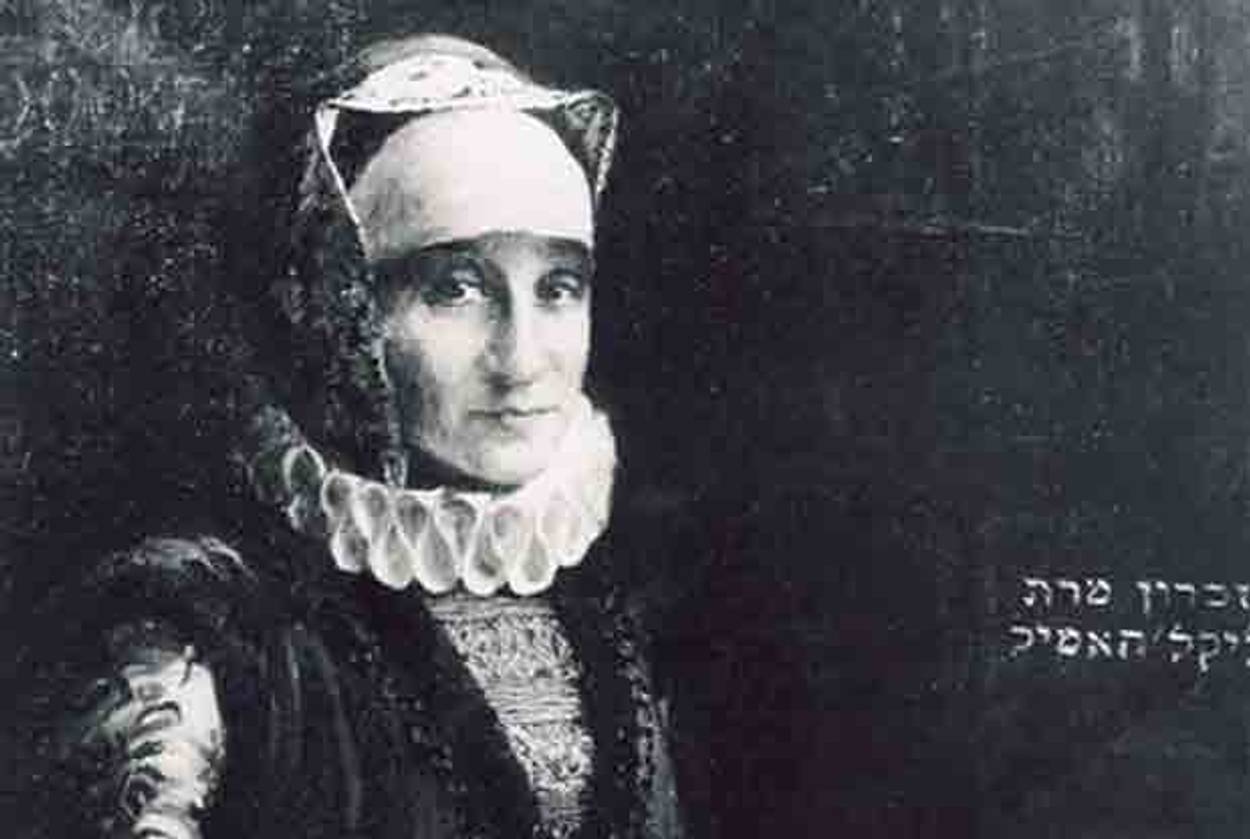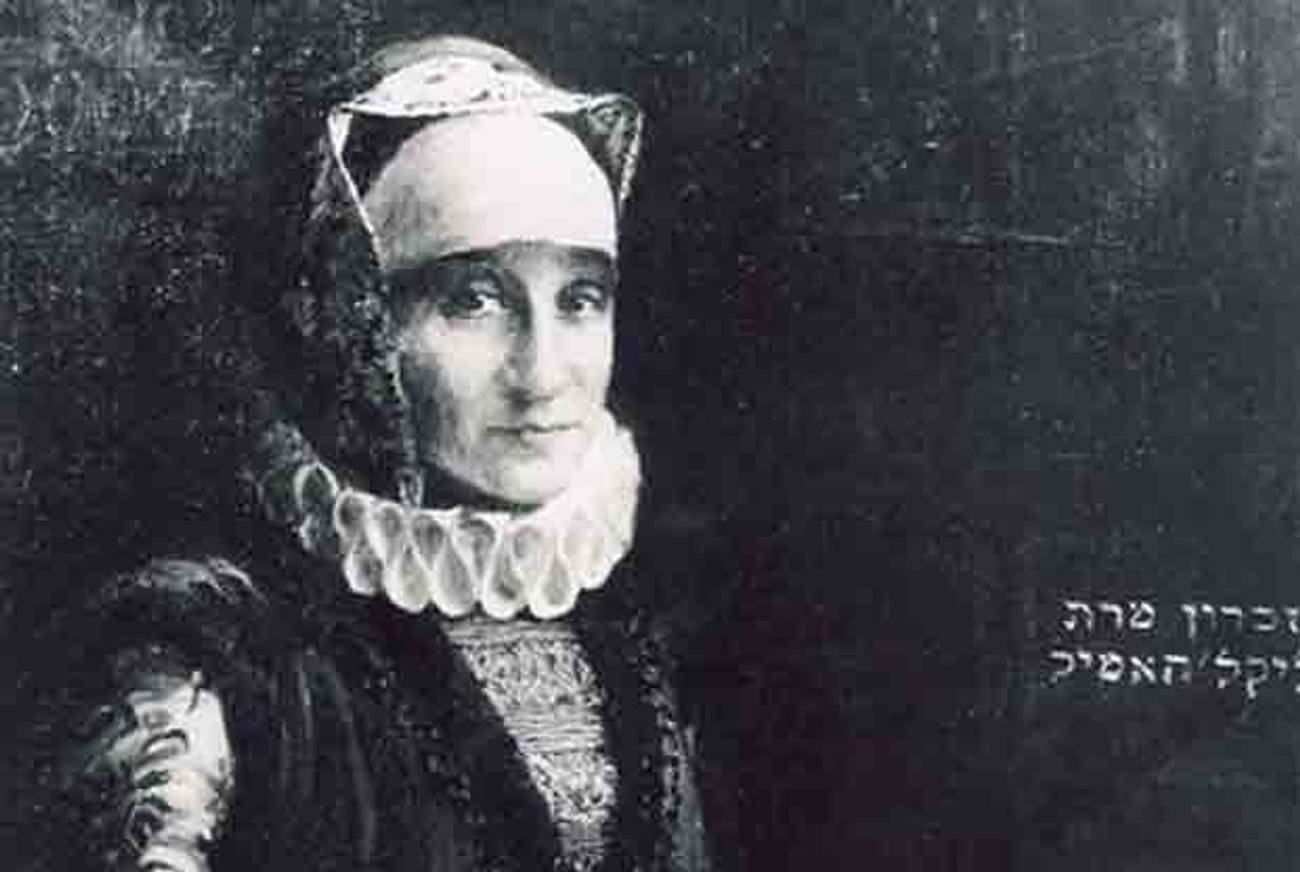The Memoir of Glückel of Hamelin, Glückel of Hamelin (1700)
17th Century Widow with 14 Kids Leans In




Glückel was leaning in long before Sheryl Sandberg was even a gleam in her great-great-great-great-great grandmother’s eye. Widowed at 44, in 1689, Glückel rebuilt and expanded her husband Chaim’s pearl-trading and money-lending company—adding new products, opening a store, building a stocking-manufacturing factory. (She was the Spanx entrepreneuse of her day.) Her musings about business and motherhood are as relevant to Jewish mothers today as they were then. Her tone zigzags between self-dramatizing and self-deprecating as she berates herself for not diarizing faithfully, then notes with ironic self-awareness, “What, indeed, shall I write of the gaps between-times? Every two years I had a baby … [a]nd I thought myself more heavily burdened than anyone else in the world and that no one suffered from their children as much as I.” She writes of her travels, of her disappointment in one wayward son, of weddings and gossip, of business dealings in Amsterdam, Berlin, Leipzig, and Paris. But her fondest hope, she wrote, was for her children to become responsible, caring adults. Who can’t relate?
Marjorie Ingall is a former columnist for Tablet, the author of Mamaleh Knows Best, and a frequent contributor to the New York Times Book Review.